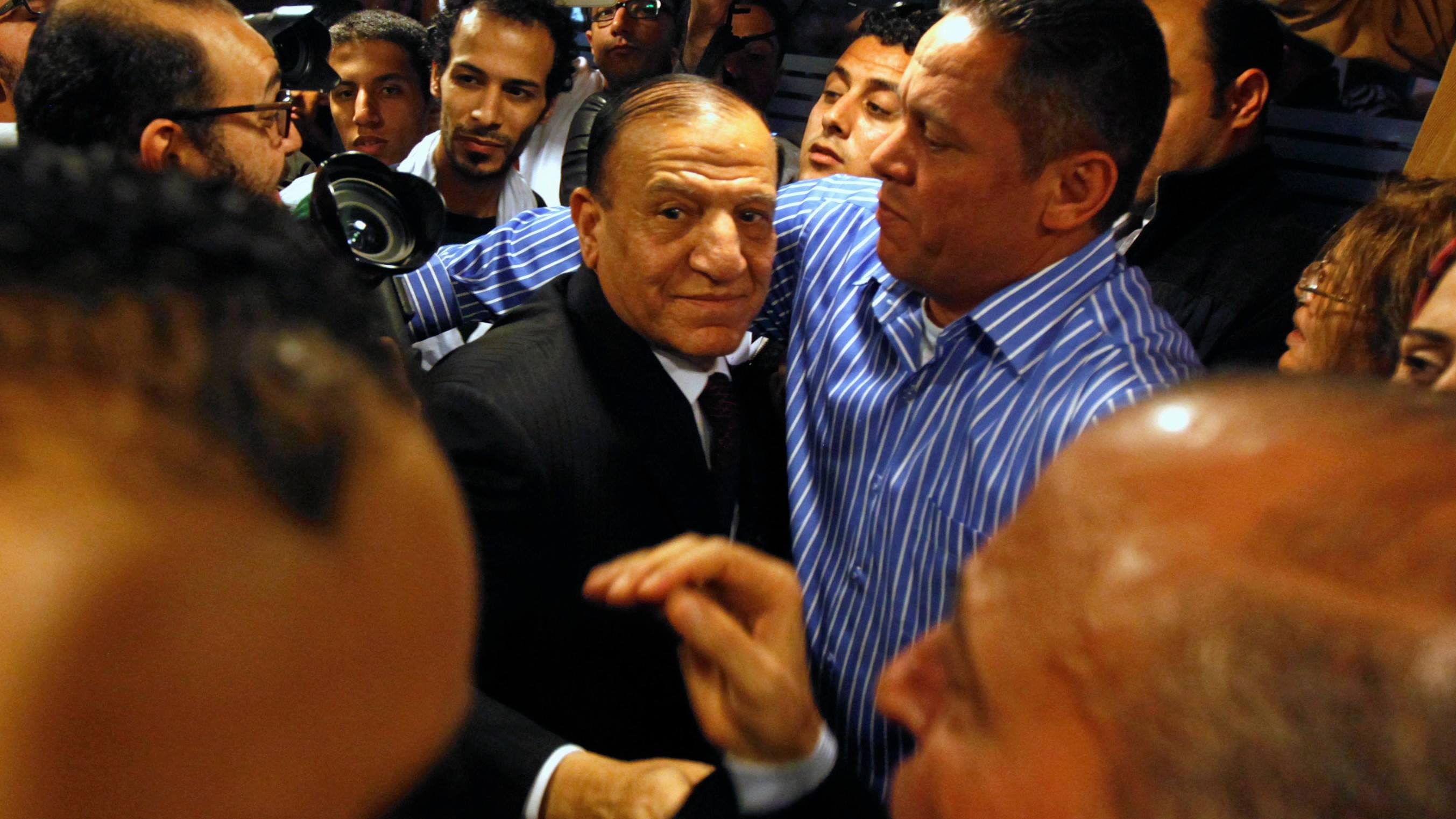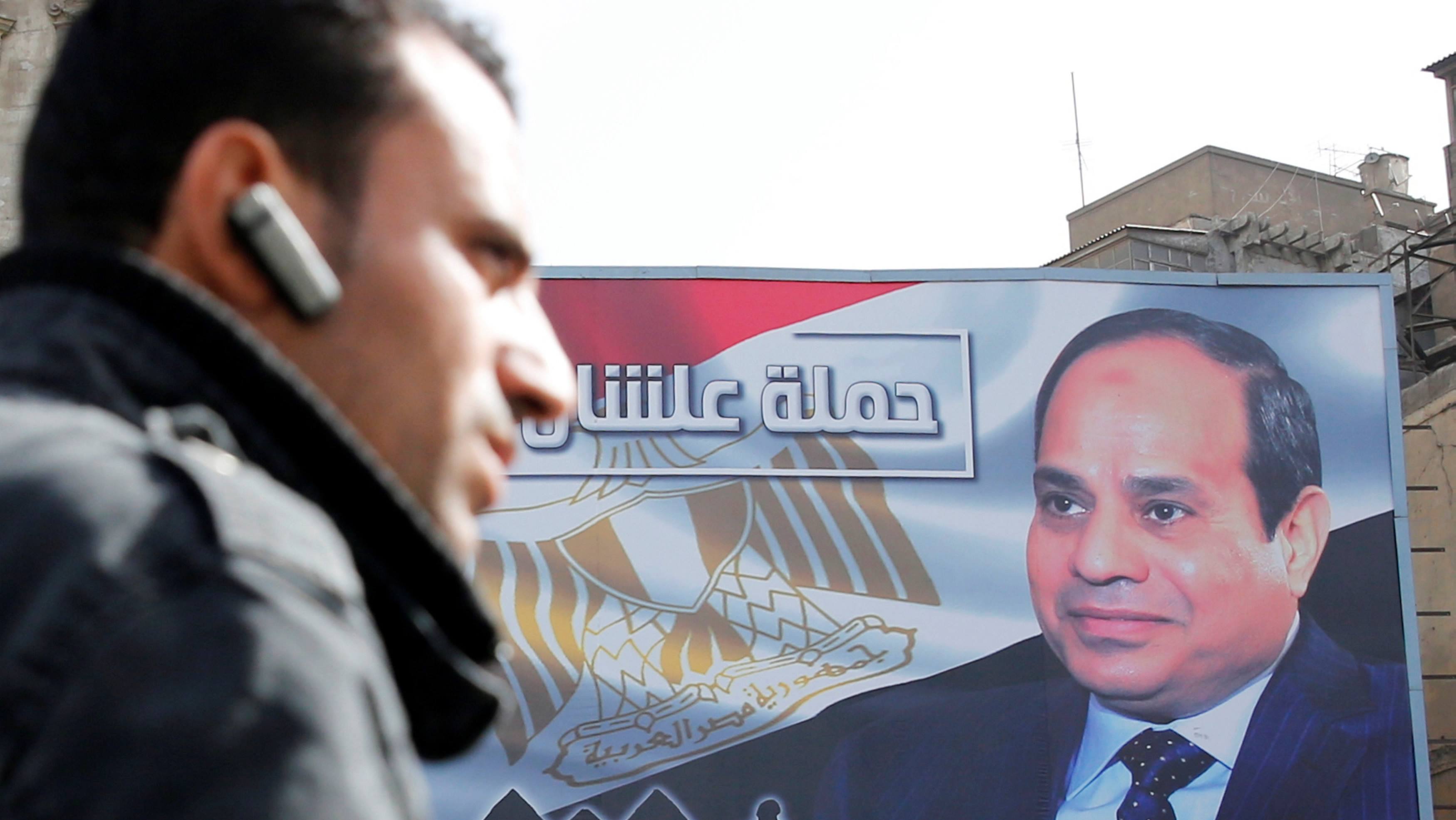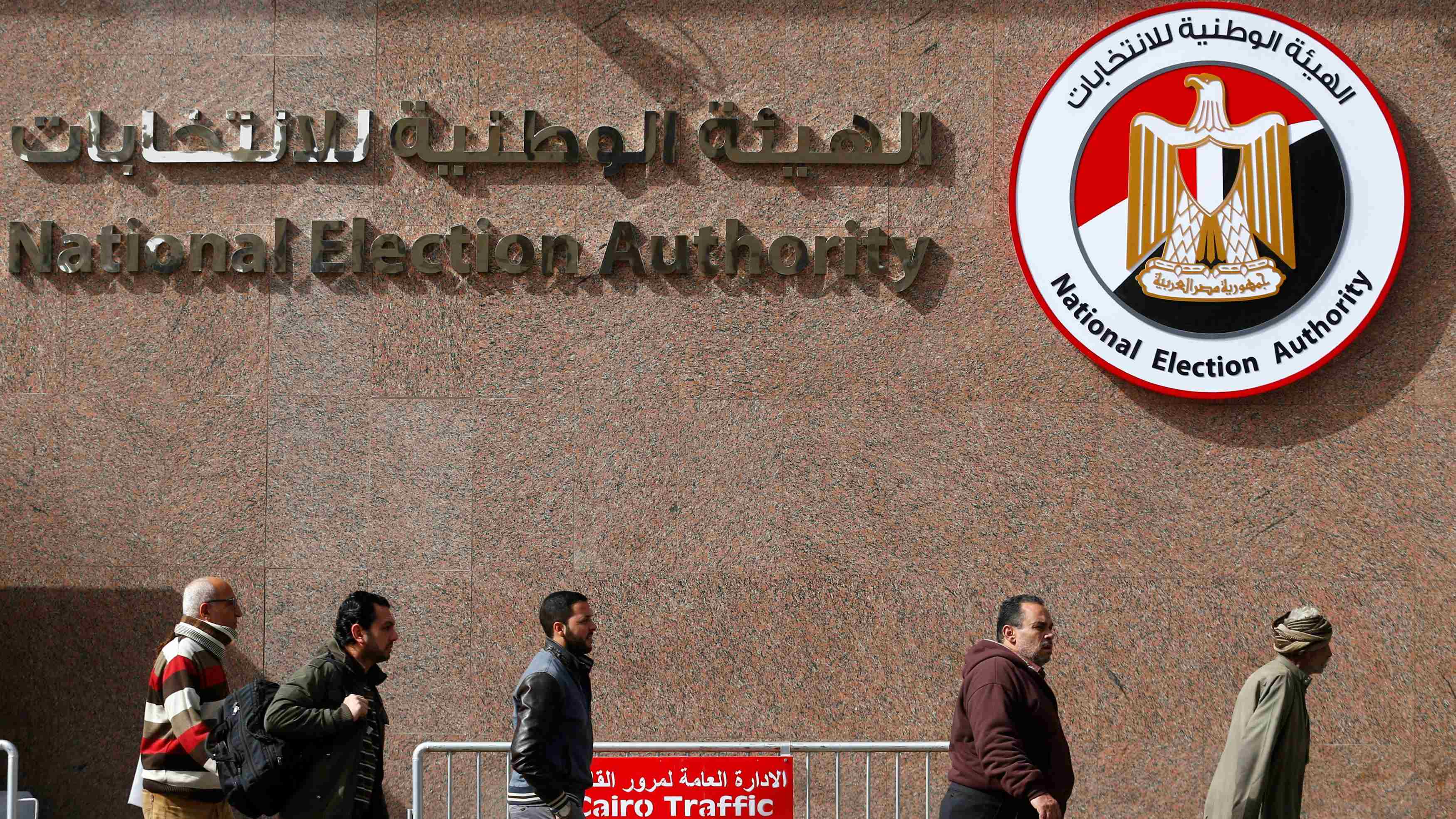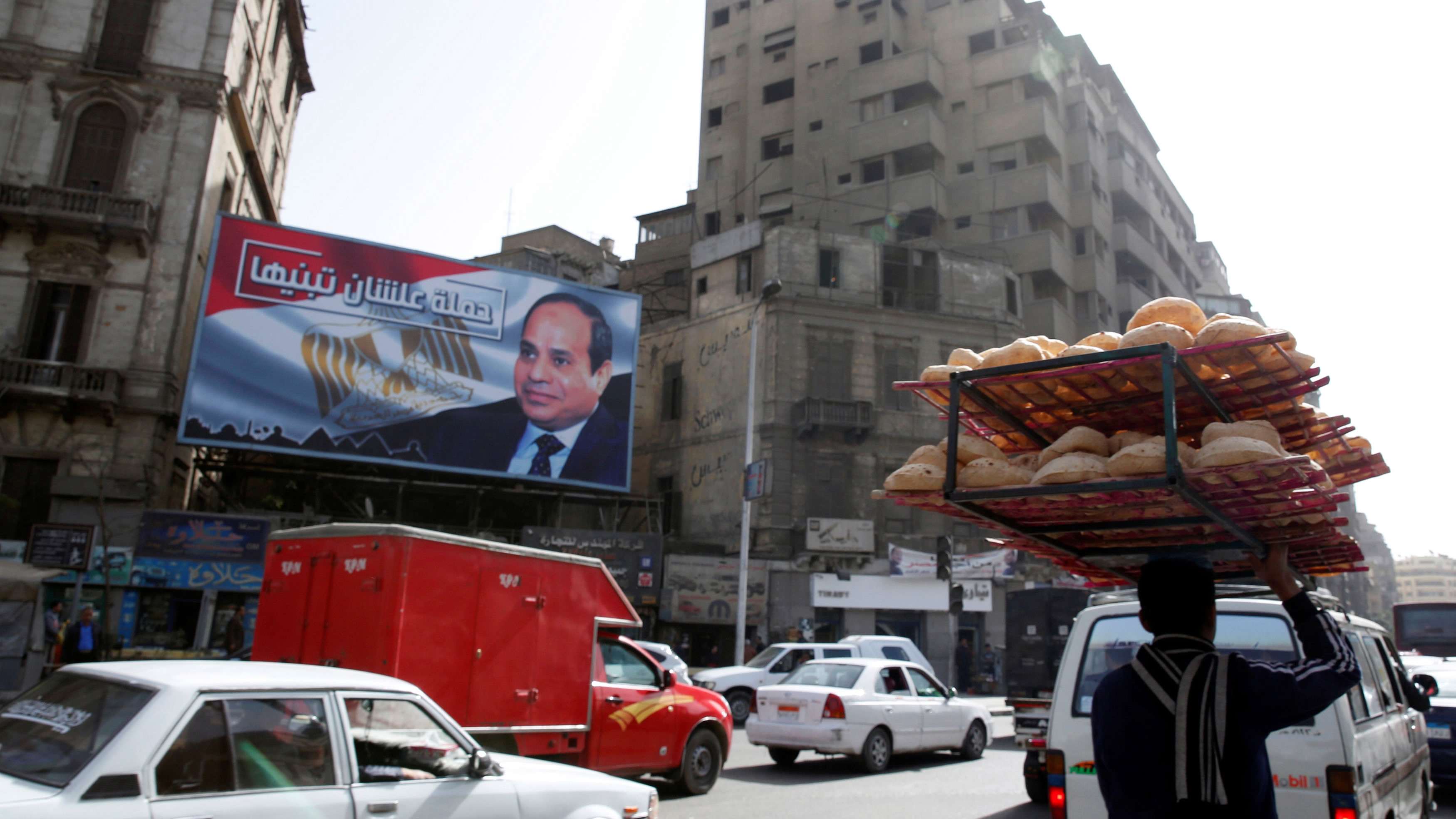
Politics
11:14, 24-Jan-2018
Anan halts Egypt presidency bid after detention by army
By John Goodrich

Egypt’s former military chief of staff has been detained, days after declaring his intention to challenge Abdel Fattah al-Sisi for the country’s presidency in elections expected in late March.
Sami Anan halted his campaign on Tuesday after the army accused him of breaking the law by running for office without permission.
The 69-year-old's presidential bid amounted to "a serious breach of the laws of military service," according to an army statement, because he was required to end his military service and seek permission before seeking office.

A poster of Egypt's President Abdel Fattah al-Sisi for the upcoming presidential election in Cairo, Egypt on January 22, 2018. /Reuters Photo
A poster of Egypt's President Abdel Fattah al-Sisi for the upcoming presidential election in Cairo, Egypt on January 22, 2018. /Reuters Photo
The army claimed that Anan had falsified documents that stated his military service had ended.
Anan's spokesman denied that the candidate had broken any laws. The charges "come from an inaccurate reading of Anan's announcement," Hazem Hosni told Reuters. The campaign announced Anan’s candidacy was suspended “until further notice.”
Who will contest the election?
President Sisi announced on January 19 that he would run for a second four-year term, and is unlikely to face strong opposition.
Anan, who served as armed forces chief of staff from 2005-2012, announced his presidential bid hours after Sisi confirmed an intention to seek reelection. He said he was running to save Egypt from incorrect policies and calling on state institutions to maintain neutrality toward all candidates.
Egypt’s former top auditor Hisham Geneina, who was imprisoned in 2016 after making allegations of corruption against the government, was Anan's running mate.

Men walk in front of the National Election Authority, which is in charge of
supervising the 2018 presidential election in Cairo, Egypt on January 22, 2018. /Reuters Photo
Men walk in front of the National Election Authority, which is in charge of supervising the 2018 presidential election in Cairo, Egypt on January 22, 2018. /Reuters Photo
Ahmed Shafik, a former prime minister and air force chief, abandoned a bid this month amid speculation he was being held in Cairo. He said that after several years living abroad he was out of touch with Egyptian politics.
Mohamed Anwar al-Sadat, the nephew of assassinated President Anwar al-Sadat, said last week he would not run, citing an environment of fear surrounding the vote.
Rights lawyer Khaled Ali has said he will still run, but he might be disqualified over a legal case against him. He received a suspended three-month jail term last September over an obscene hand gesture he reportedly made after winning a court order challenging the government.
Mortada Mansour, a right-wing MP, may also challenge Sisi.
When do Egyptians go to the polls?
The presidential election will be held on March 26-28, with a run-off vote on April 24-26 if no candidate wins more than 50 percent in the first round.
Candidates must register between January 20 and 29, and have to obtain 25,000 nominations from 15 governorates, with at least 1,000 endorsements from each governorate, to get on the ballot.
Official campaigning is scheduled to begin on February 24.
Egypt's electoral commission has said it will ensure the vote is fair and transparent.
What happened in Sisi's first term?
Sisi led the overthrow of Islamist President Mohamed Morsi in 2013 and was elected president the following year.
The former military chief’s critics say his popularity has eroded over tough economic reforms tied to a 12 billion US dollar International Monetary Fund loan and a crackdown on dissidents.

A poster of Egypt's President Abdel Fattah al-Sisi for the upcoming presidential election
in Cairo, Egypt on January 22, 2018. /Reuters Photo
A poster of Egypt's President Abdel Fattah al-Sisi for the upcoming presidential election in Cairo, Egypt on January 22, 2018. /Reuters Photo
The 63-year-old’s supporters say firm measures are necessary to bring security and stability to a country that has seen unrest since a 2011 uprising toppled long-serving president Hosni Mubarak.
Egypt is fighting a stubborn ISIL insurgency in its North Sinai region. Militants have expanded their attacks to target civilians, especially over the past year.
(With inputs from agencies)
7546km

SITEMAP
Copyright © 2018 CGTN. Beijing ICP prepared NO.16065310-3
Copyright © 2018 CGTN. Beijing ICP prepared NO.16065310-3